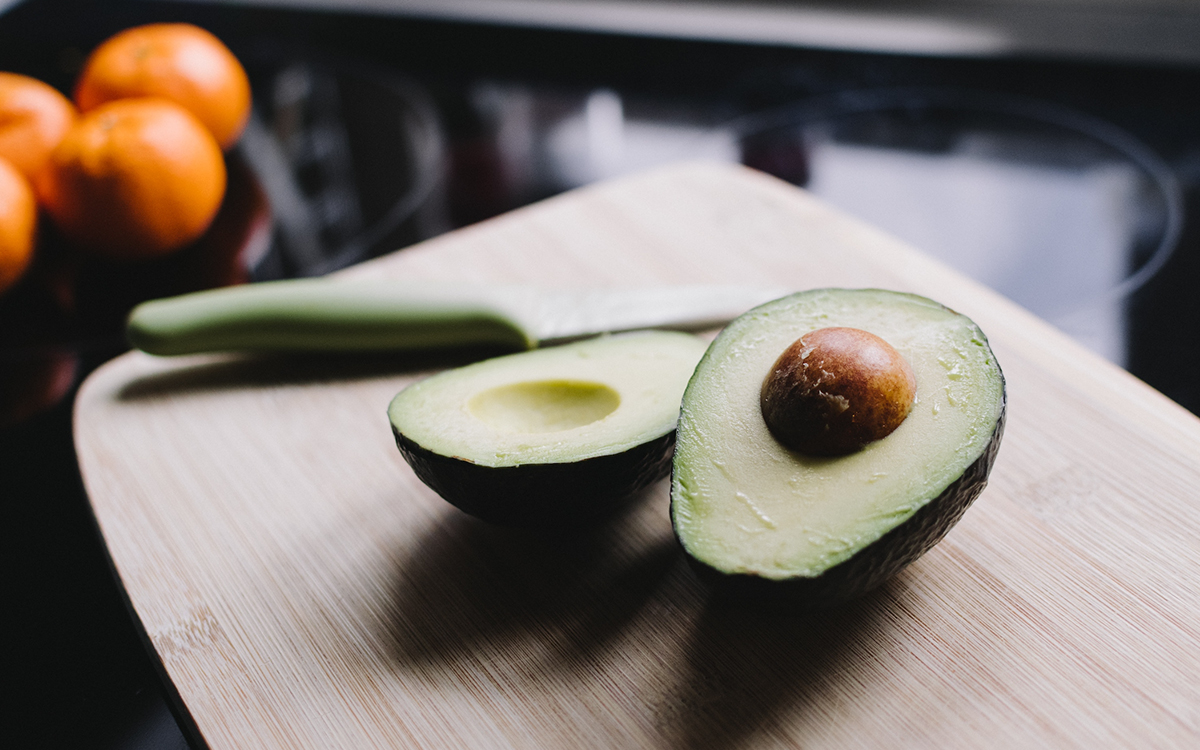We really ought to talk about gas more often. When you’re a kid, flatulence gets too much attention. But as adults, we stop acknowledging farts. We hold them in. In elevators, in meetings, on dates, at the gym. Something about being responsible for that noise is utterly mortifying in everyday society. For those with serious bloating and frequent gas, hours in public can be a battle between the gastrointestinal system and the human spirit.
And there are lots of those people. We all pass gas more frequently as we age, as digestion slows and our tracts are more susceptible to constipation and fermentation of bacteria. It is perfectly normal for this flatulence to smell more foul as well.
Instead of going all stiff upper lip (and clenched buttocks) on our unseemly wind, though, we thought it high time we met it head on. So we spoke with Angela Kuhn, a Registered Dietician Nutritionist and founder of The Nourished Way, for insight on how to handle inopportune gas. Her answers on its relationship to diet, what drink can stop it, and what to eat before boarding a flight, all below.
On the relationship between gas and diet …
Excessive flatulence can be prevented by eating foods and drinking beverages that work with your body. Not everyone is the same. Your sister might be able to eat a huge bowl of chili every day and have no problems, while the same meal might set you off for the next 24 hours.
The biggest culprits?
There is an entire category called “gas-producing foods,” which includes things like beans and cruciferous veggies (brussel sprouts, cabbage, broccoli, and cauliflower). Plus, different people have intolerances to various foods. Lactose intolerance is a common one. Lactose is the sugar in milk most adults find difficult to break down as we get older. As these foods move along our digestive tract, the bacteria in our gut digests them and produces gas at the same time. Some particles move down to the lower intestines and are not as broken down as they should be, which is what causes intestinal gas and extra fermentation to happen. If your body is better at breaking these foods down before it reaches your lower GI tract, you won’t experience excessive gas. Another one to keep in mind is intolerance to FODMAPs, which are specific types of fermentable carbohydrates included in the gas-producing foods list.
On preventing gas …
If you want to prevent gas, you’re safer eating foods that are less likely to cause it. Think lean proteins (chicken, fish, eggs, turkey), non-gassy veggies (bell peppers, cucumber, romaine lettuce, tomatoes, and zucchini) and healthy fats (nut butters, avocado). Fermented foods that contain live active cultures may serve you some benefit if your gut microbiome is out of whack; that would include kimchi, yogurt, miso, kombucha, and fermented veggies. Don’t overdo it on the fermented foods though, because if you have an overabundance that can actually cause more gas!
Hydration is key …
Dehydration causes electrolyte imbalances in the body, which can lead to gas and bloating. You may have noticed a time when you didn’t get enough water and your body held onto as much water as possible, causing a distended belly. Carbonated beverages including sodas and even sparkling water can cause gas because they contain air bubbles.
How do you stop gas once you have it?
If you’re experiencing gas and want to find a way to turn it down, try drinking a mildly warm cup of peppermint, ginger, or chamomile tea, which has been shown to calm the digestive tract. When you eat your next meal or snack, make sure you are eating it slowly and not inhaling any air. Anytime we are drinking from a straw or are eating too quickly without thoroughly chewing, we are increasing the amount of air we ingest which leads to gas and bloating.
A gas-conquering diet for each of these situations …
Before working out …
Depending on your workout, eating a small meal containing lean protein and simple carbs is a great pre-workout snack. I like to stick with half a banana and a hard boiled egg for moderate workouts up to an hour long.
Before boarding a flight …
With changes in altitude, you’re likely to become dehydrated when flying. Make sure you have a large bottle of plain water with you, and eat something balanced that has plenty of fiber, lean proteins, and healthy fats. This might be a big salad with romaine lettuce, cucumbers, tomatoes, chicken, avocado, and roasted sweet potatoes. If you are on the go, try taking it in a wrap with a whole grain tortilla.
Before a job interview …
If you tend to get nervous during job interviews, you’ll want to eat something easily digestible but also substantial and balanced. Try not to stuff yourself before your interview — a meal or snack of 300-500 calories should be enough to get you going. Make sure it includes a moderate amount of carbohydrates to keep you energized and focused. A slice of whole grain toast with half an avocado smashed and topped with an egg fried in olive oil should hold you over.
Whether you’re looking to get into shape, or just get out of a funk, The Charge has got you covered. Sign up for our new wellness newsletter today.

















